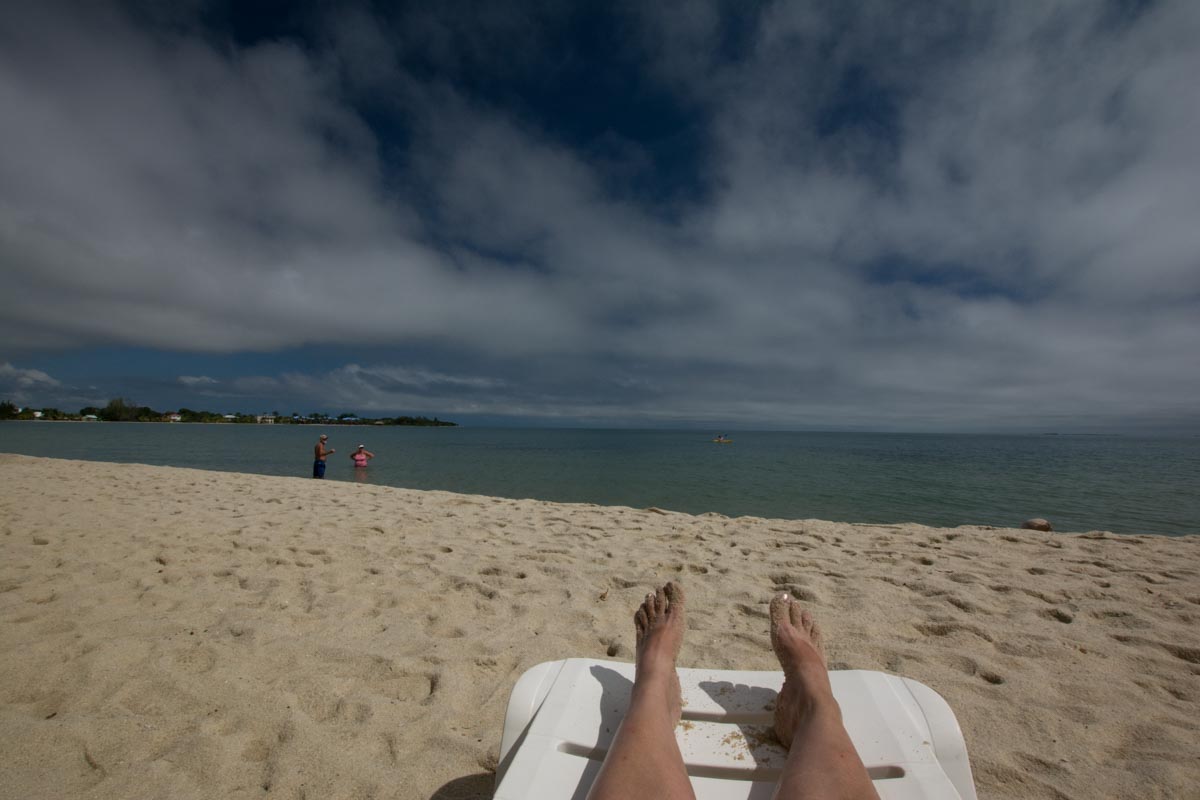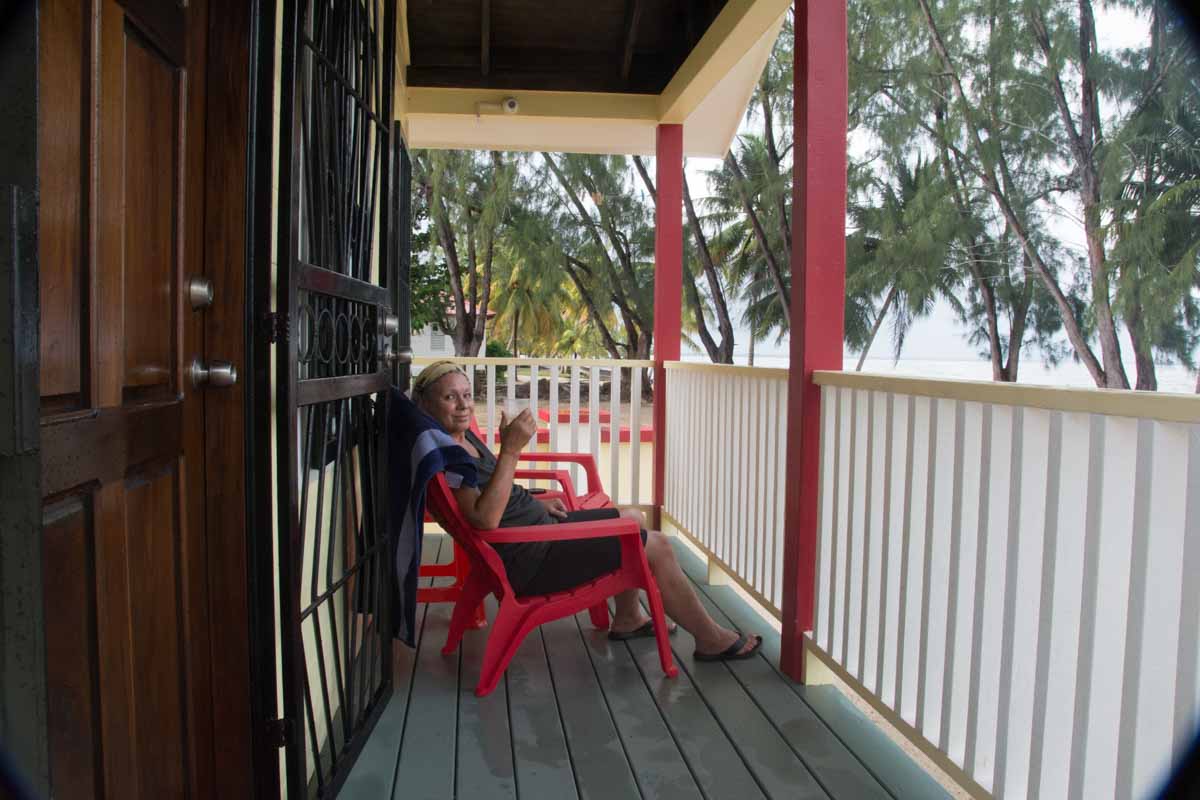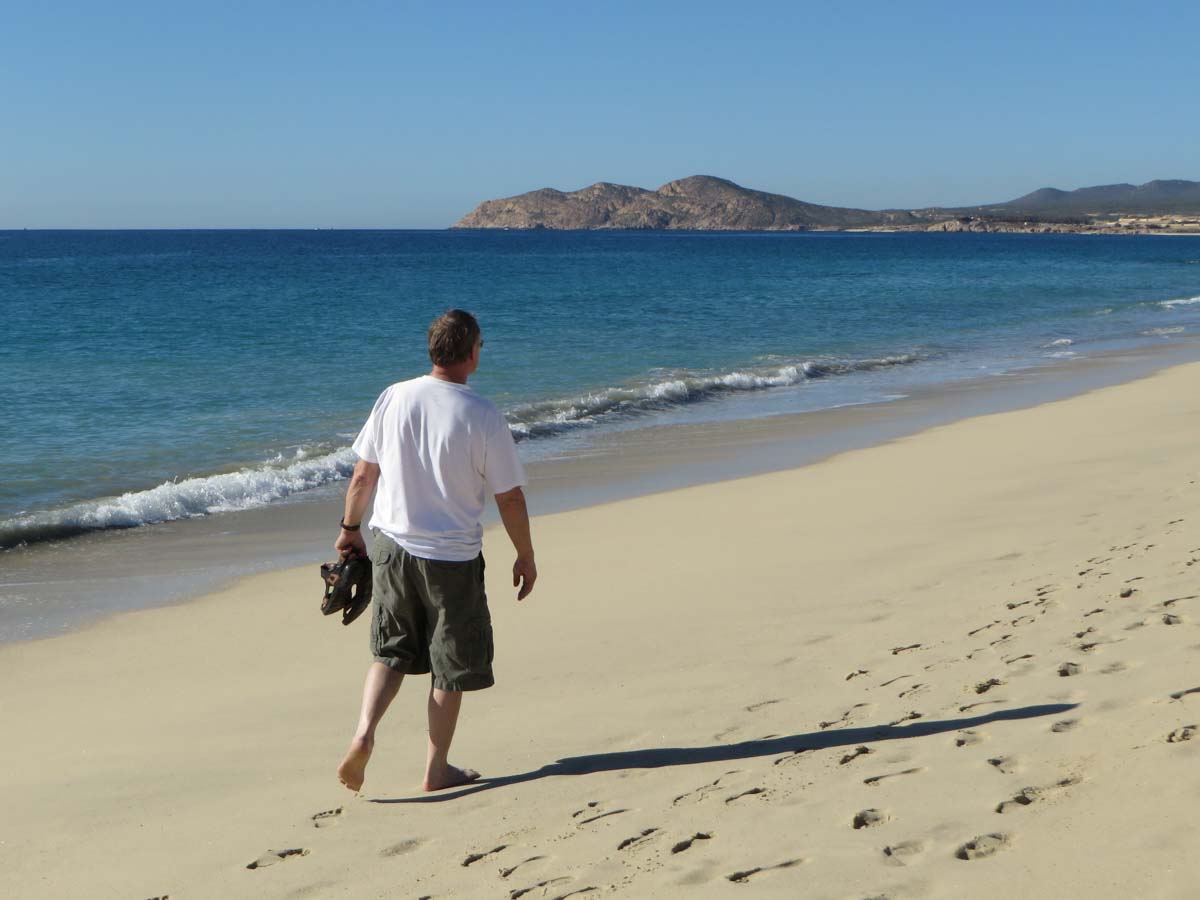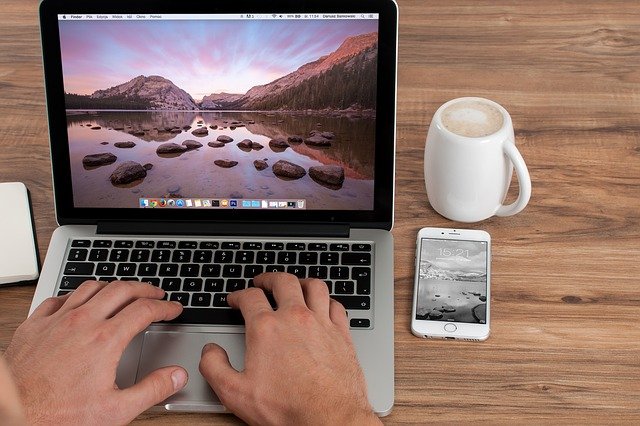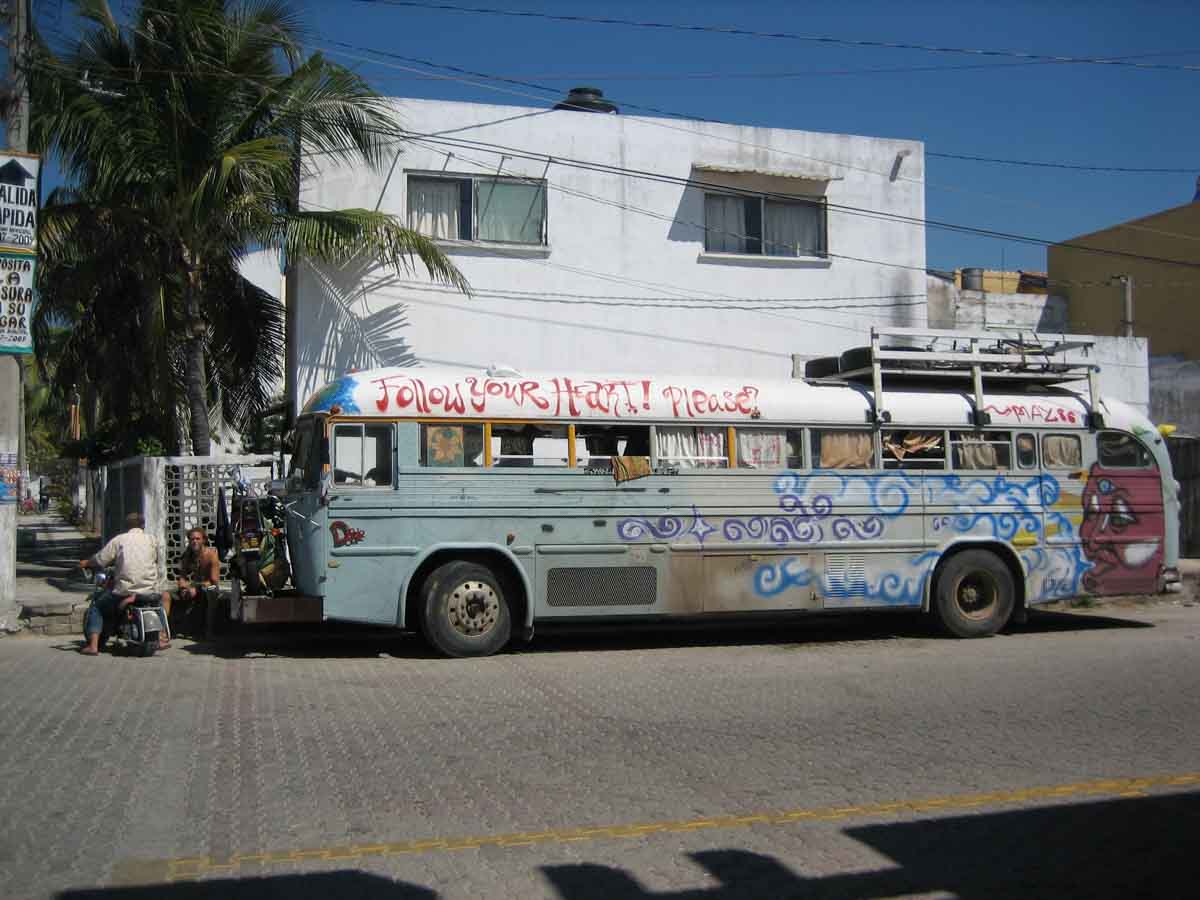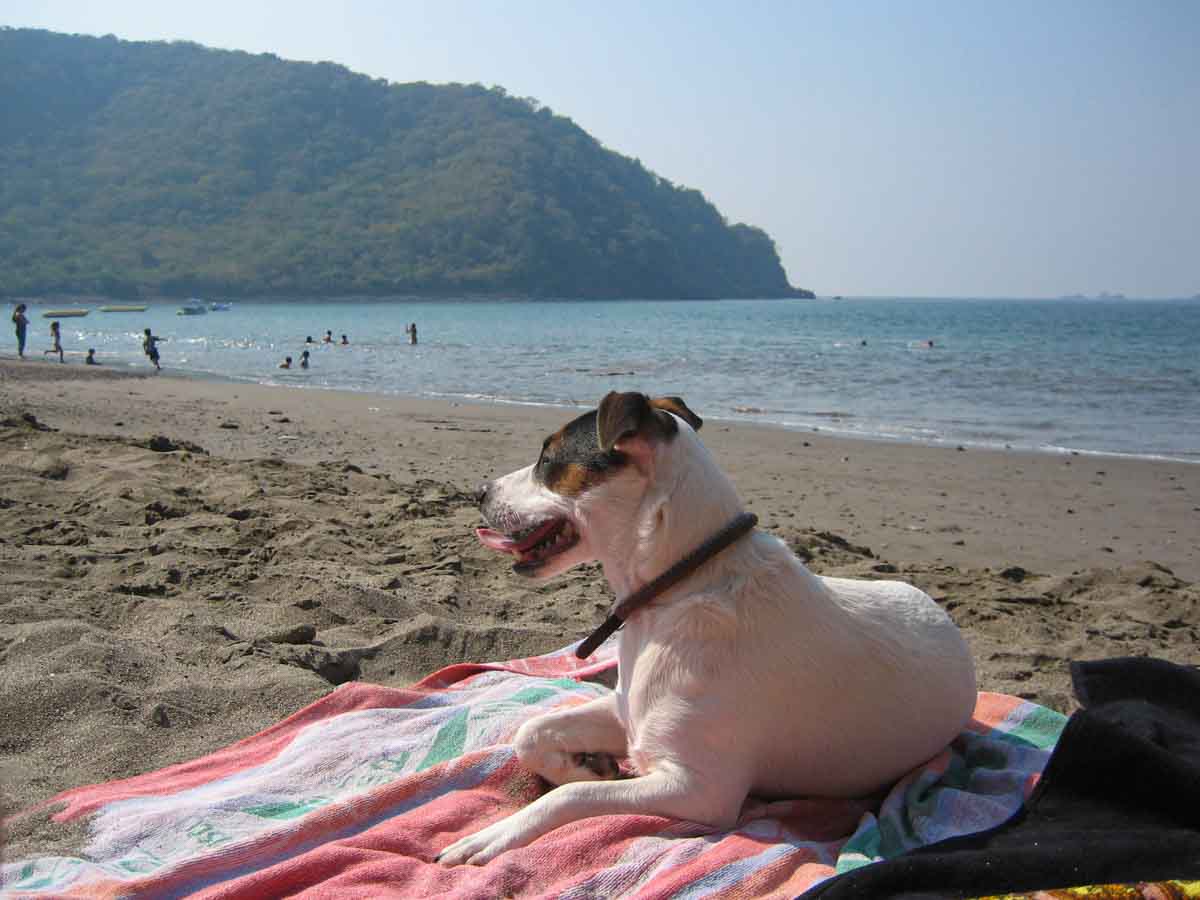- Home
- Simplify Your Life
- Rent or Buy?
To Rent or Buy? — As Snowbirds on a Shoestring
To rent or buy is a question snowbirds ask themselves. — And for snowbirds traveling on a shoestring budget, the answer often comes down to affordability.
 Funky little house in a village
Funky little house in a villageWhether to Rent or Buy?
Whether to rent or buy in your chosen location can usually be answered by reviewing the pros and cons and deciding what options best meet your circumstances.
Everyone is different, and so are the factors that weigh in on their decision-making. The choices that lead one snowbird to decide to rent vs. buy might lead yet another to a different decision.
Make up a “Pros and Cons” list for yourself and go through it with your lifestyle in mind. Then take a look at your budget. — And decide what you can afford and what you need.
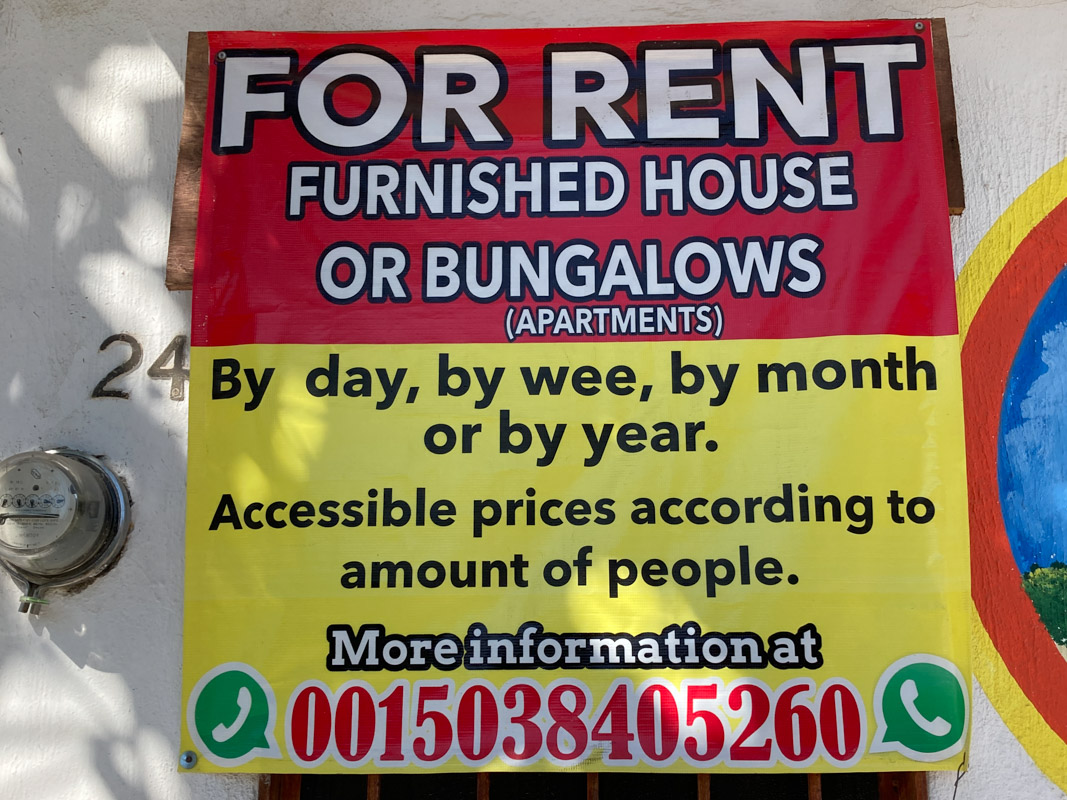 For Rent sign for furnished accommodations
For Rent sign for furnished accommodationsPros to Renting
- First-time snowbirds trying out the lifestyle
- Flexibility to change locations year to year or throughout the season
- No maintenance responsibilities
- Or responsibilities for costs of ownership like property taxes, upkeep, HOA fees, and more
- No tax issues created
- No estate planning to consider
Of course, renting makes the most sense if you’re a first timer and starting out to explore the snowbird lifestyle. Or, are checking out different locales.
Renting allows you to change your house or unit and your location when you want. It is a big incentive for adventurous snowbirds as well as first-timers.
When the plumbing acts up or the roof leaks, it’s not yours to deal with. The costs of homeownership aren’t yours either. Which is a big relief to many folks.
And no complicated tax laws, potential landlord obligations, or estate planning need to be considered and dealt with. Also a plus!
Cons to Renting
- Trying to find a rental property in the high-demand winter season, especially in popular areas
- Chalenges of facing increasingly higher rents in competitive rental markets
- Dealing with poorly equipped facilities, especially their kitchens
- Not able to leave your special gadgets, clothes, and things
- For pet owners, — finding a rental that allows pets
Finding suitable rentals in your favorite area over the high season can be challenging. But when you find a place you like that suits you, try and book for the next season before you leave.
Pets can complicate life when you travel. While some landlords recognize that small pets are a must for folks, many bar them from their rentals.
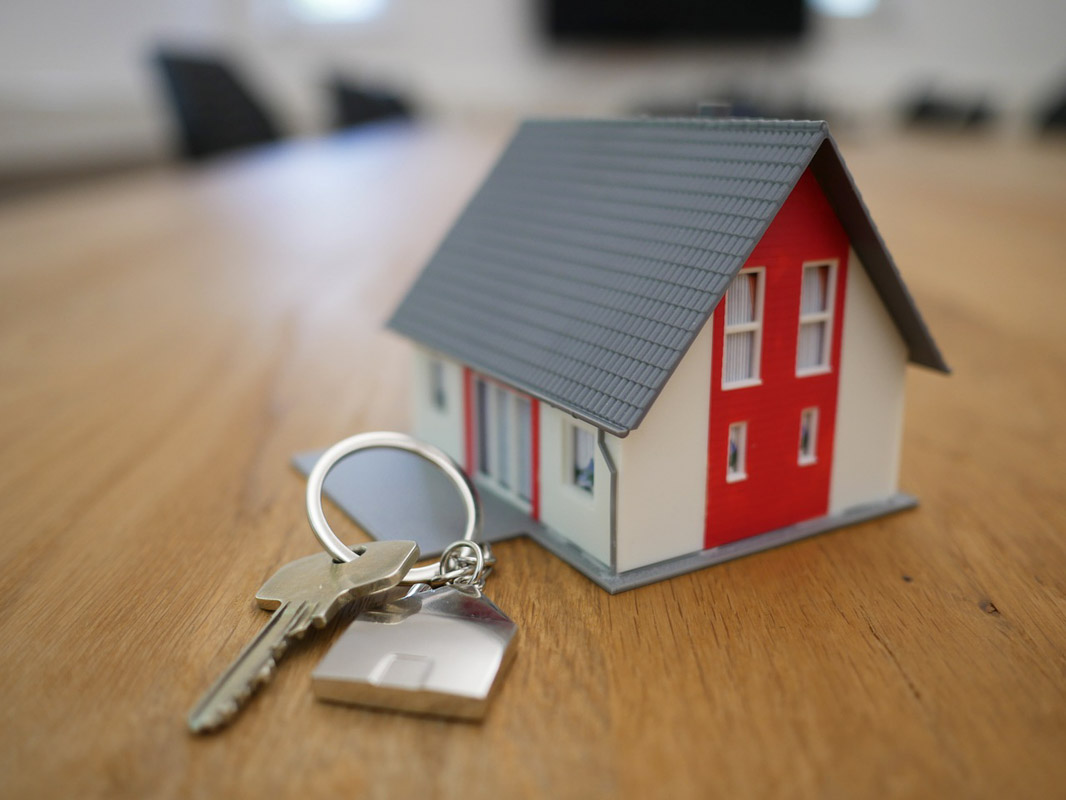 To Rent or Buy?
To Rent or Buy?Pros to Buying
- Having the security of always having a place to go, especially on short notice
- Choosing your property and decorating it to your taste
- Outfitting your kitchen and space the way you like and leaving personal things when you go
- Possible cheaper monthly costs if you stay four or more months a year
- You can bring your pet along
- You can choose to rent it out and offset some costs of ownership
Knowing you have a home away from home of your own and the flexibility to go whenever you choose is important to some people. So is decorating your place to suit yourself. — And setting up your kitchen with items you want.
When you’re not using the property, you may be able to rent it out. While this will help cover ownership costs, it does come with being a landlord. — And you’ll need to stash your personal things away when you’re gone.
Cons to Buying
- You’re tied to one location year after year
- Cost to purchase property including cash to close, lawyer, realtor, and such
- Maintenance costs, property taxes, insurance, and at times — condo and HOA fees
- Property management and upkeep while you’re gone
- Tax consequences and estate planning
- Hurricanes, tornados, earthquakes, and other catastrophes can affect your investment.
Costs… and more costs. Owning a second home can mean double the expenses. And your home in a warm climate can mean as much or more upkeep costs when you’re gone for the summer as when you’re there for the winter.
Be prepared to arrange for lawn mowing, garden care, and house care while you're away for the summer season.
There are often legal issues to owning a second home, whether in a different state or country. Check out your potential purchase with your lawyer, accountant, and financial planner. Do your research.
And think about if a catastrophe strikes near your second home, would you rather be a renter? Or an owner?
Keep it Simple
Always try and keep life simple! Decide what on an easy path for your situation.
Don’t complicate your life. Your decision to rent or buy should be affordable, not stretch your budget too thin, or cause you undue anxiety.
The snowbird lifestyle should be pleasant and rewarding and free of as much stress as possible.
More for Snowbirds...

Should snowbirds rent or buy?
Whether to rent or buy is a question snowbirds often ask themselves. Read full article...

